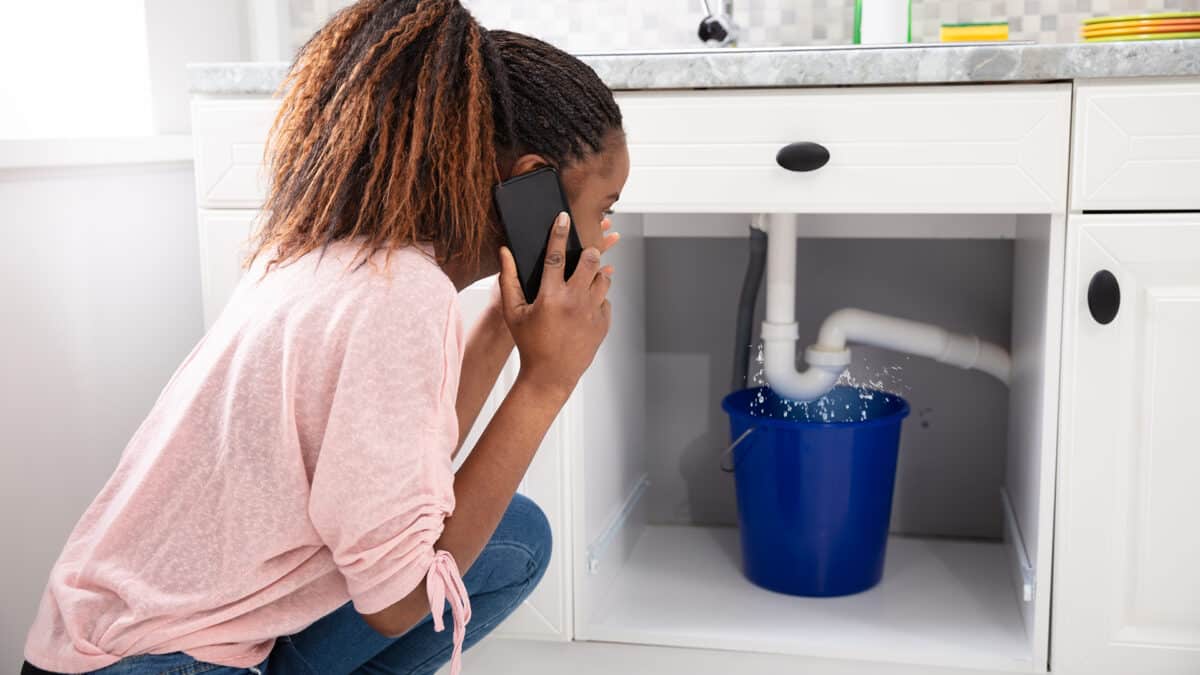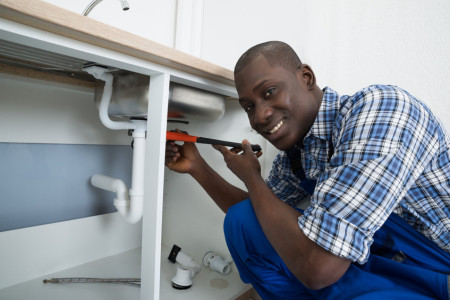How to Handle Emergency Plumbing Problems Before Specialist Help Arrives
Schedule A ServiceWere you hunting for critical info on What to Do During a Plumbing Emergency?

Plumbing emergencies can strike any time, triggering stress and possible damage to your home. Whether it's a burst pipe, a blocked drain, or a leaky faucet, knowing how to manage the situation until a specialist plumbing professional shows up can save you from further complications. This write-up supplies vital emergency pipes suggestions to aid you alleviate damage and regain control during a pipes situation.
Switch off the Water Supply
The first step in any kind of pipes emergency is to shut down the water system. For local problems, such as a leaking tap or bathroom, turn off the shutoff near the fixture. In the case of a significant leakage or ruptured pipe, locate your home's main water shut-off shutoff and transform it off right away. Knowing the area of these shutoffs in advance can save valuable time throughout an emergency.
Address Small Leakages with Short-term Fixes
Tiny leakages can rapidly become substantial issues if left unattended. Make use of these momentary repairs until specialist assistance arrives:
While these fixes aren't permanent, they can aid lessen water loss and damage.
Unclog Drains Pipes Safely
A clogged drain can be an aggravating and unpleasant problem. Here's just how to tackle it:
If these approaches don't function, avoid utilizing too much force, as it may aggravate the clog.
Manage Overflowing Toilets
An overflowing commode can create immediate turmoil. Below's what you should do:
Turn off Your Hot Water Heater
In specific emergencies, such as a burst pipe, it's a good idea to shut off your water heater. This prevents getting too hot or damages to the device when water quits moving. Switch off the power supply to the hot water heater (electrical or gas) and let it cool off to prevent possible dangers.
Temporarily Stop a Ruptured Pipeline
A ruptured pipeline can cause considerable water damage in minutes. To minimize the problem:
Call a professional plumbing instantly to resolve the trouble permanently.
Handle Frozen Water Lines Thoroughly
In colder environments, icy pipes are a common emergency situation. If you presume a frozen pipeline:
Avoid More Damage
Taking quick activity to reduce damages can save you money and time over time. Here's just how:
. Have an Emergency Pipes Kit
Prepare a standard plumbing emergency package to deal with small problems effectively. Your package ought to consist of:
Having these tools accessible can make a considerable difference in your capability to manage emergency situations.
Know When to Call a Professional.
While quick fixes can assist temporarily, specific pipes problems call for immediate specialist attention. Call a plumber if:.
Without delay getting in touch with an expert makes certain the issue is solved correctly and avoids more complications.
Final thought.
Pipes emergencies can be overwhelming, however with the appropriate knowledge and tools, you can take care of the scenario properly until aid arrives. By shutting off the water system, resolving little leakages, and making use of short-lived solutions, you can decrease damages and maintain your home safe. Remember, these suggestions are short-lived solutions; always speak with a certified plumbing professional to take care of the origin of the problem. Preparation and quick thinking are your best allies in any type of plumbing emergency.
Expert Tips for Emergency Plumbing Repairs
Plumbing emergencies can be incredibly stressful and inconvenient. Whether it’s a burst pipe, a clogged drain, or a leaky faucet, these common plumbing emergencies need immediate attention to prevent further damage to your home. But before you panic, it’s important to understand the basics of plumbing repairs and the steps you can take to address these emergencies. In this article, we will share some expert tips to help you navigate through these situations and minimize potential water damage.
Identifying Common Plumbing Emergencies
Leaky pipes and faucets Clogged drains and toilets Burst pipes Low water pressure Water heater problems Essential Tools for Plumbing Repairs
Plunger: Useful for unclogging toilets and drains Adjustable wrench: Needed for tightening or loosening nuts and bolts Pipe wrench: Ideal for gripping and turning pipes Tape measure: Necessary for accurate pipe measurements Plumber’s tape: Helps create watertight seals Understanding Emergency Plumbing Services
Emergency plumbing services are designed to provide immediate assistance for unexpected plumbing issues that can cause significant damage to your home, business, or health. These services are typically available 24/7 and are staffed by experienced plumbers who can quickly diagnose and repair a wide range of plumbing problems.
When a plumbing emergency strikes, time is of the essence. Whether it’s a burst pipe flooding your basement or a gas leak posing a serious risk, emergency plumbing services ensure that help is just a phone call away. These professionals are equipped with the tools and expertise to handle any situation, minimizing damage and restoring your plumbing system to proper working order.
What Constitutes a Plumbing Emergency?
Burst pipes or water supply lines: These can cause extensive water damage and need immediate repair to prevent flooding. Gas leaks or suspected gas leaks: Gas leaks are extremely dangerous and require prompt attention to avoid potential explosions or health hazards. Sewer backups or overflows: These can lead to unsanitary conditions and significant property damage. Clogged drains or toilets causing water to overflow: Overflowing water can damage floors, walls, and other structures. Leaks or water damage causing structural damage: Persistent leaks can weaken the structural integrity of your home or business. No hot water or heating: A lack of hot water can be more than an inconvenience, especially in colder months. Common Causes of Plumbing Emergencies
Aging or corroded pipes: Over time, pipes can deteriorate, leading to leaks or bursts. Improperly installed or maintained plumbing fixtures: Faulty installations or lack of maintenance can result in unexpected failures. Tree roots or other debris infiltrating your sewer line: Roots can grow into pipes, causing blockages and backups. Frozen pipes or water supply lines: In colder climates, pipes can freeze and burst, leading to significant water damage. High water pressure or sudden changes in water pressure: Excessive pressure can strain pipes and fixtures, causing them to fail. Natural disasters such as floods or earthquakes: These events can disrupt your plumbing system and cause severe damage. Steps to Minimize Water Damage
Locate the water shut-off valve: Knowing where the valve is can help you quickly cut off the water supply to the affected area. Turn off the water heater: If there’s a risk of water coming into contact with the heating element, make sure to turn off the water heater to avoid potential accidents. Open faucets and drain pipes: By opening faucets and drain pipes, you can relieve pressure and empty any standing water. Collect and contain water: Use towels, buckets, or bins to collect water and prevent it from spreading to other areas of your home. https://leecountyplumbingandwellservice.com/expert-tips-for-emergency-plumbing-repairs/

I discovered that piece about What to Do While Waiting for an Emergency Plumber while exploring the web. For those who enjoyed reading our blog post kindly do not forget to pass it around. Many thanks for your time. Revisit us soon.
Click Here